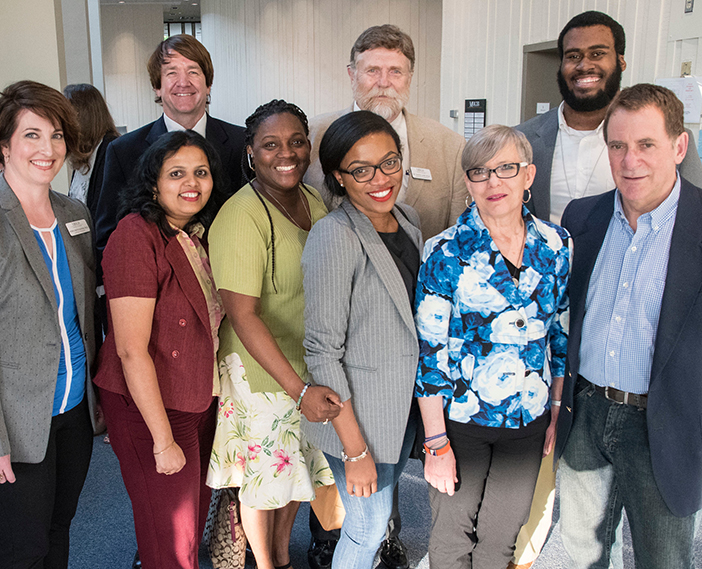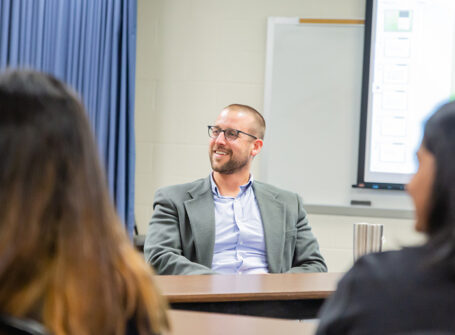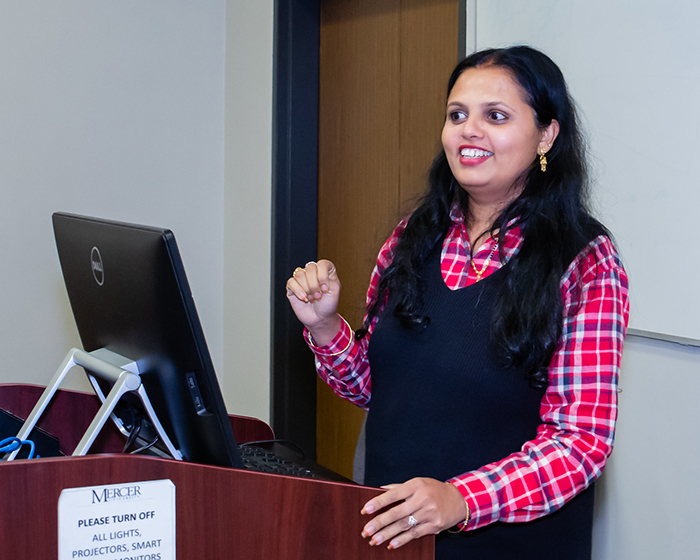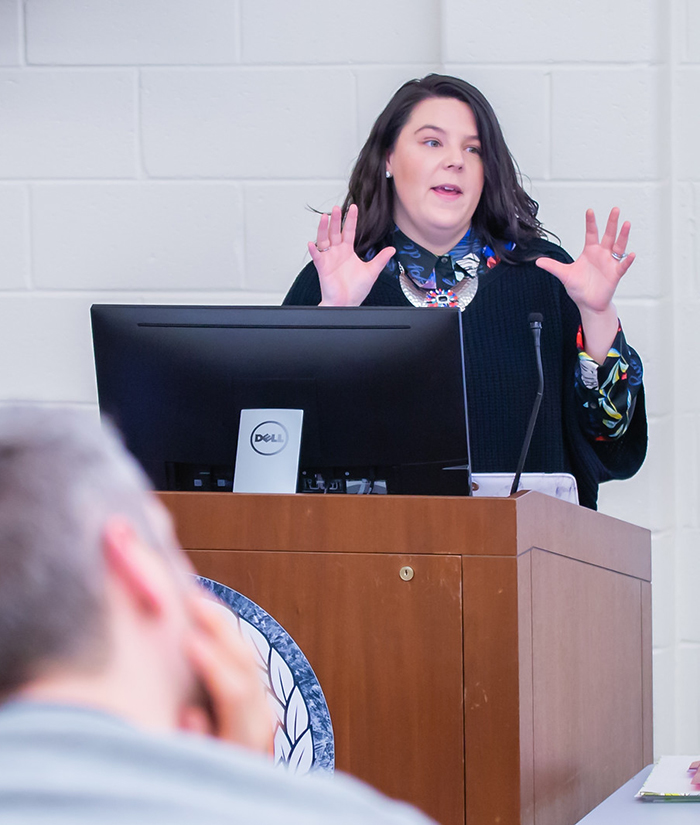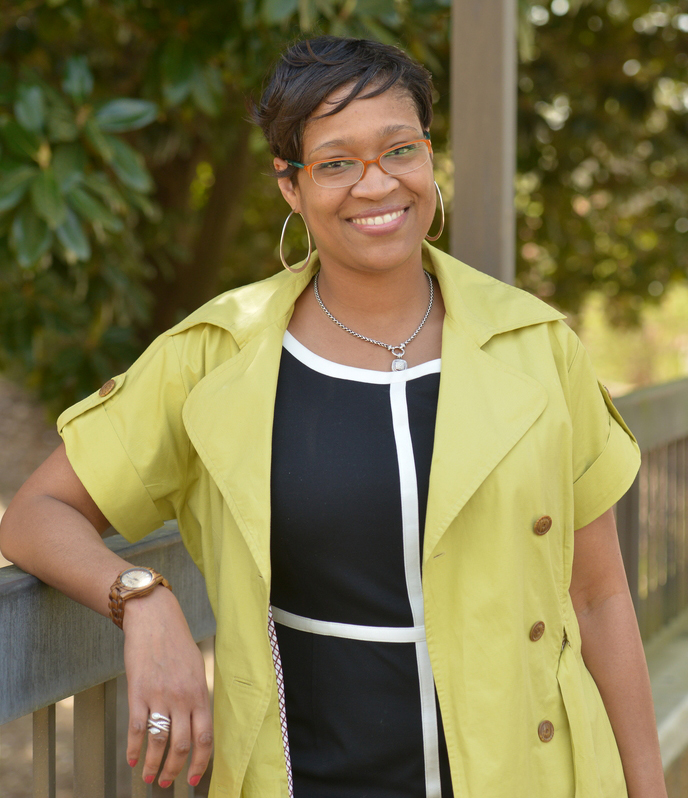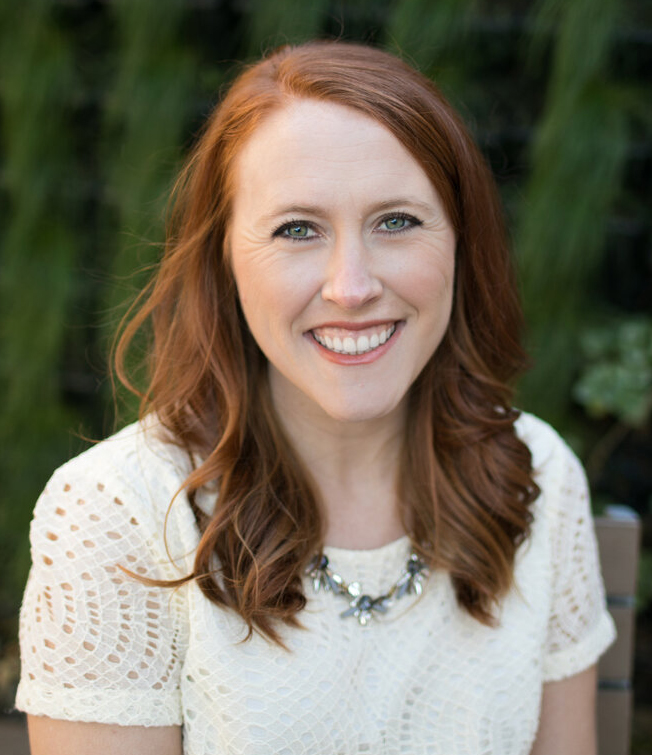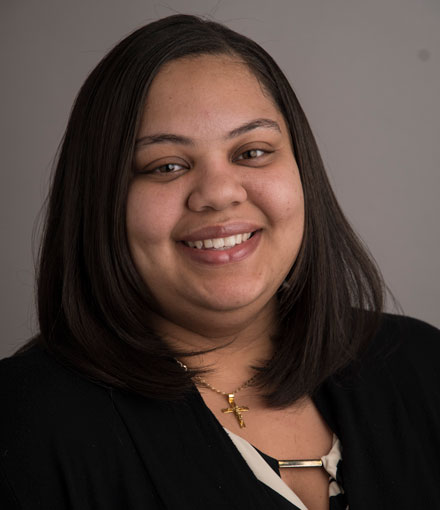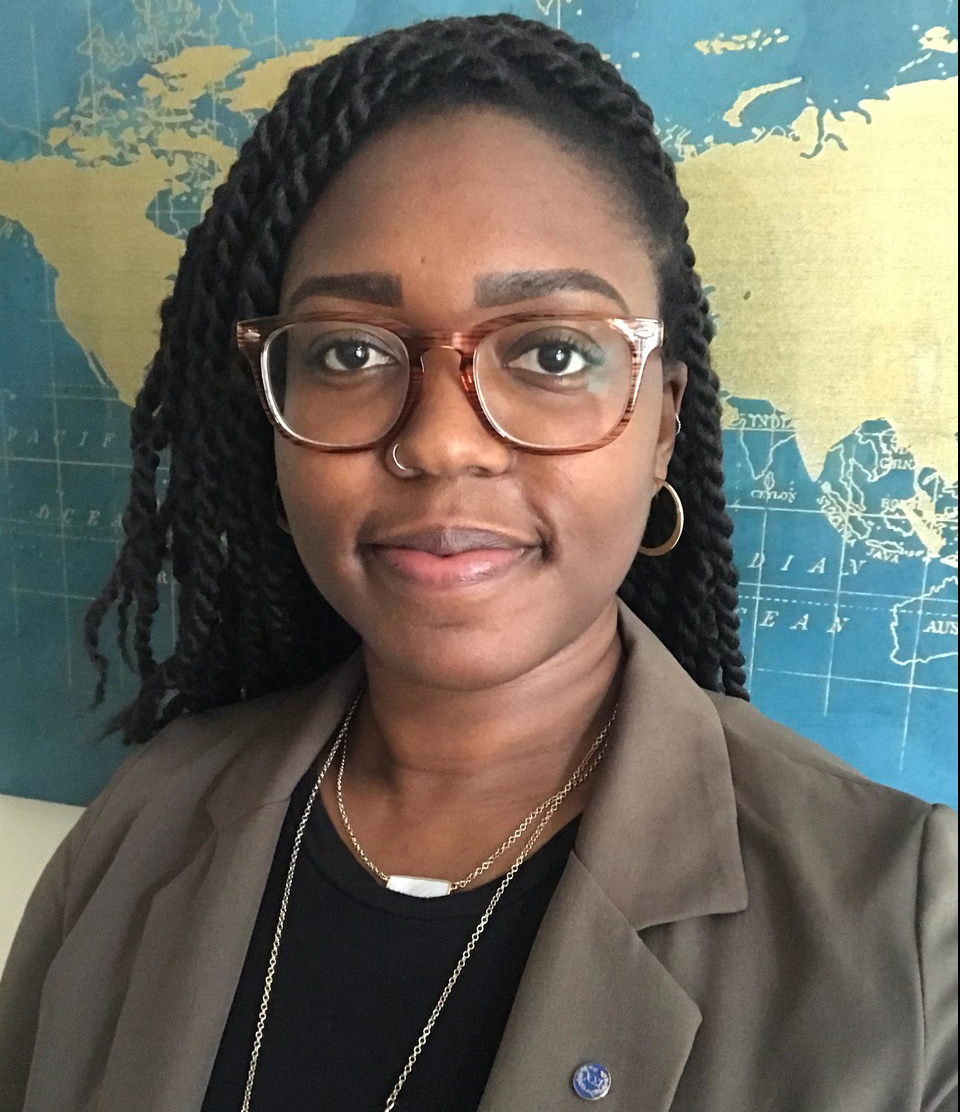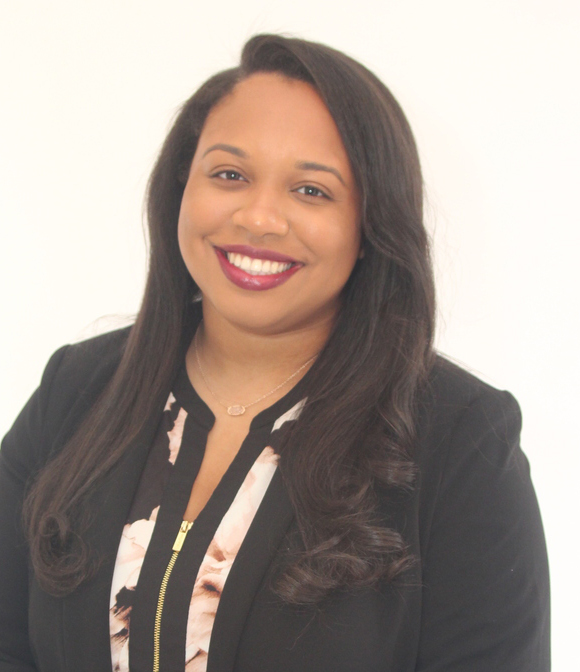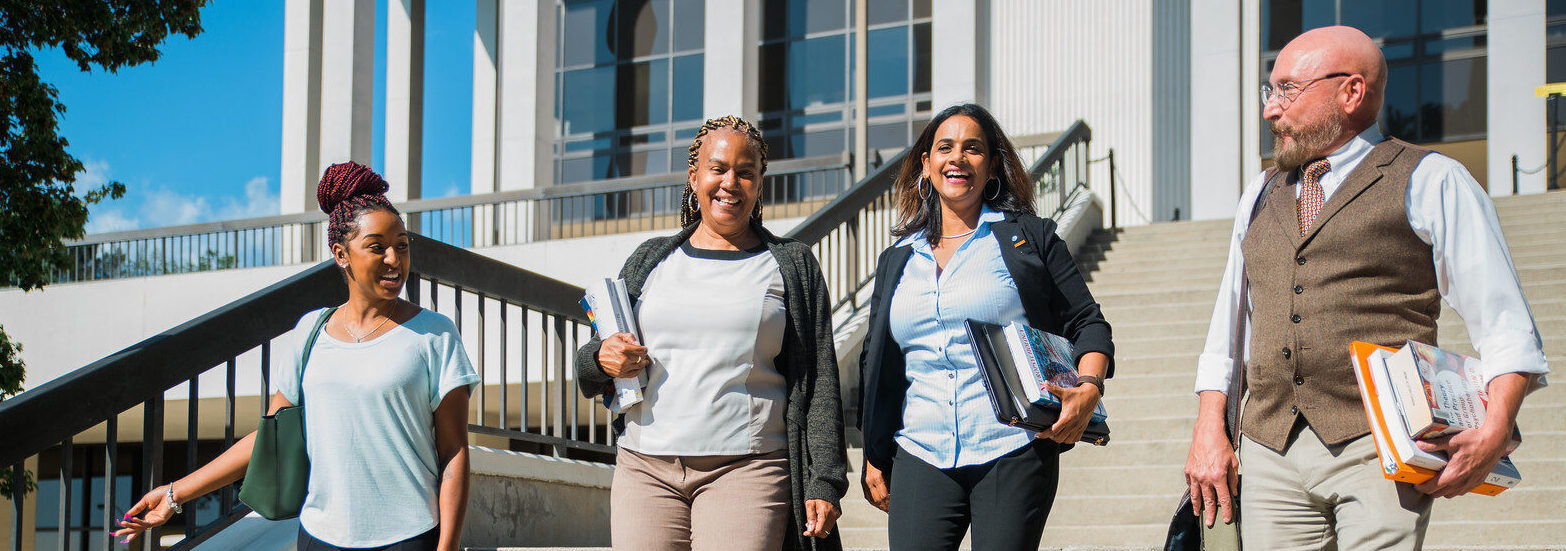Become a counselor leader with a Ph.D. in Counselor Education and Supervision
Mercer University’s Doctor of Philosophy (Ph.D.) in Counselor Education and Supervision will challenge and prepare you for roles as counselor advocate, counselor supervisor, counselor educator, and researcher, as well as being an advanced counseling practitioner.
With an emphasis on the client-counselor relationship and creative and experiential modalities in counseling, Mercer’s Ph.D. in Counselor Education and Supervision program will develop expertise in research, modelling, and theory application. In addition to submitting a dissertation, the comprehensive curriculum includes relevant internship and field experiences, an immersive one-year residency, and graduate teaching assistantships or graduate research assistantships.
The Ph.D. in Counselor Education and Supervision program at Mercer University is accredited by the Council for Accreditation of Counseling and Related Educational Programs (CACREP). Visit our outcomes page to learn more.
Format: Blended, Full Time • Start Term: August • Course Length: 16 weeks • Field Experience: 1 year (6 credits) • Completion Time: 3–5 years |
Choose a focus in the counselor education and supervision program
As a Ph.D. in Counselor Education and Supervision student at Mercer, you will develop the knowledge and skills you need to become a counselor educator, supervisor, advanced clinician, and advocate. Through your counselor education studies, you will learn to teach and evaluate graduate-level students in counselor education programs.
Through the Ph.D. in Counselor Education and Supervision program you will develop both your practitioner and supervisory skills through five areas of study:
- Counseling
- Supervision
- Teaching
- Leadership and Advocacy
- Research and Scholarship
You will also earn the Mercer University Certificate in Online Course Design and Delivery, which consists of training to utilize technology while teaching both in person and online.
A counselor education program for busy and working adults
Mercer’s CACREP accredited Ph.D. in Counselor Education and Supervision program enrolls students each August, and classes meet in a blended format on the Atlanta campus. You will be immersed in diverse settings in the classroom and beyond in the city of Atlanta.
As a counselor education and supervision student, you will complete two 16-week terms during the fall and spring semesters, and one eight-week term during the summer session. During this period, you will form your research agenda and collaborate with faculty on research, supervision, teaching, and developing external funding.
Graduate teaching assistantships or graduate research assistantships may be available for eligible students. Most students complete the coursework, internship, and dissertation in three to five years.
Learn effectively through Mercer’s cohort model
A defining characteristic of the Ph.D. in Counselor Education and Supervision is the cohort model, which allows a group of students to enter the program together and remain together throughout its duration. This model creates a group of classmates who will support and enhance your success in the program. You will also develop strong relationships that will help grow your professional network.
Course highlights
The Ph.D. in Counselor Education and Supervision requires a minimum of 60 graduate semester hours of study beyond the master’s degree, including internship and dissertation requirements. Some required core courses include:
- Advanced Counseling Theories
- Contemporary Issues in Counselor Education
- Counseling Supervision Theories and Models
- Teaching and Pedagogy in Counselor Education and Supervision
- Leadership, Advocacy, and Social Justice in Counseling
- Research Design
You will choose six hours of electives and complete nine credit hours for your dissertation project. View program requirements to learn more.
Envision what’s next in your counseling career
The Ph.D. in Counselor Education and Supervision program prepares you to advance your career in the counseling field. Our graduates work as:
- Faculty members in university counseling programs across the country
- Clinical directors
- Lead supervisors for agencies
- Administrators in a variety of educational or counseling contexts
Mercer graduates are highly respected as leaders in the field who advance the important issues related to counseling, social justice, and mental health.
Learn more about our Counselor Education and Supervision program
Ready to take the next step?
Schedule your personalized admissions counseling appointment or contact the Office of Graduate Admissions at 678.547.6417 or copa.admissions@mercer.edu for more information.
